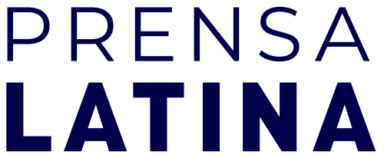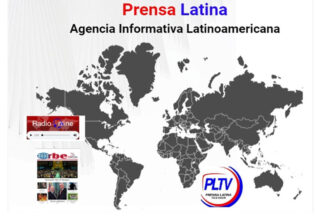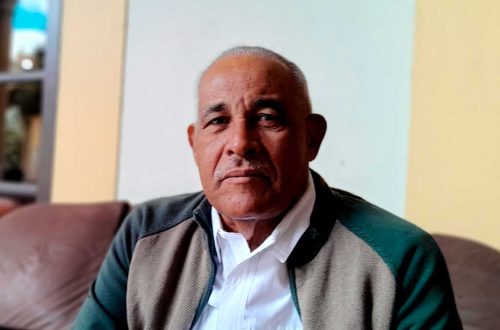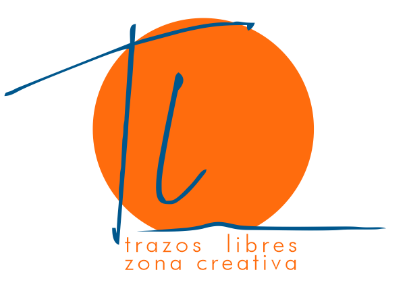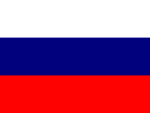«I don’t believe this story at all, it makes no sense,» Andrei Kelin said in a BBC interview broadcast on Sunday, regarding the allegations made last week by the United States, the UK and Canada.
The intelligence agencies in the US, the UK and Canada on Thursday accused the hacking group APT29 of using malicious software to attack academic and pharmaceutical research institutions involved in the development of a vaccine against Covid-19. It was unclear whether any useful information was stolen.
Responding to these allegations on Sunday, Kelin said, «I do not see any point in using this subject as a matter of interference.»
He also ruled out that hacking that information would be an advantage for Russia, especially because the Russian pharmaceutical company R-Pharm signed a partnership agreement with AstraZeneca, the multinational that would manufacture the vaccine being developed by the University of Oxford if it is effective, he added.
The Russian ambassador also rejected that his country is meddling into the 2019 elections in the UK, as Chancellor Dominic Raab said in Parliament on Thursday.
Earlier this week, Mr. Raab said Russia almost certainly sought to interfere in the 2019 elections in the UK through classified documents on the Post-Brexit free trade agreement between London and Washington.
The papers, which appeared online, detailed UK-US trade discussions and were used by the Labour Party in its election campaign.
«We do not interfere at all. We do not see any point in interfering because for us, whether it will be [the] Conservative Party or the Labour party at the head of this country, we will always try to stabilize and improve relations.»
jg/pll/rgh/nm

